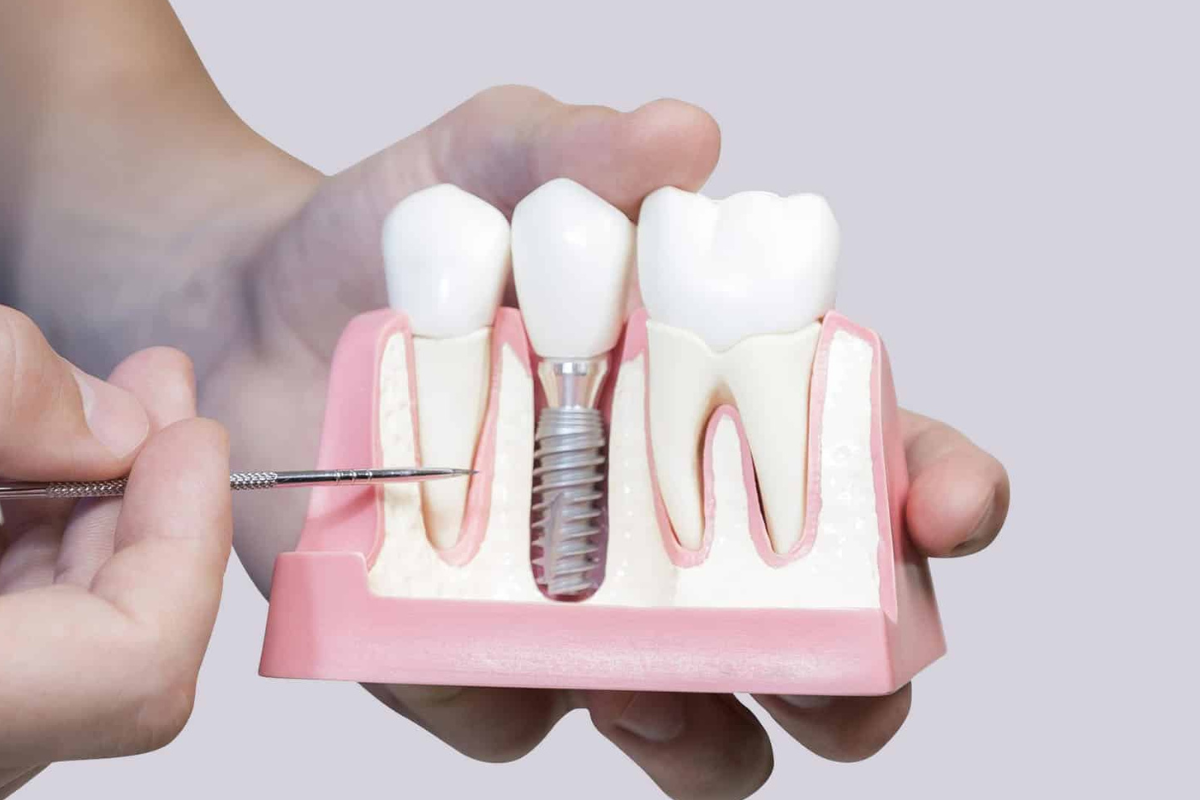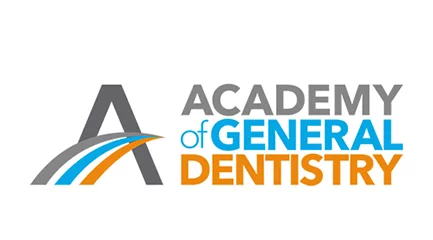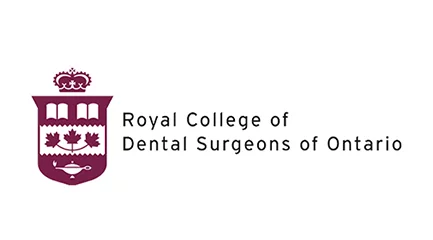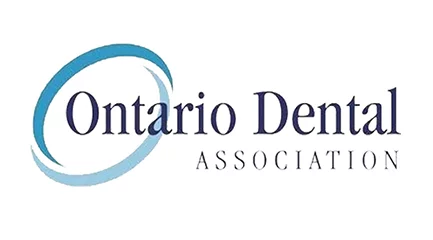Dental implants replace tooth roots using metallic, screw-like posts. They restore broken or missing teeth with artificial ones that look and function like natural ones. Implants are an excellent option when bridgework or dentures don’t fit well. They are also suitable if there aren’t enough natural teeth to support dentures or bridgework.
The type of implants used and the condition of your jawbone determine how dental implant surgery is performed. The procedure may involve multiple steps. The primary advantage of implants is their solid support for new teeth, which requires the bone to heal tightly around the implant. Since bone healing takes time, this process can be lengthy.
WHY ARE DENTAL IMPLANTS NEEDED?
Dental implants are surgically placed in your jawbone as the roots for missing teeth. The titanium in the implants bonds with your jawbone, so they won’t slip, make noise, or damage the bone as fixed dentures might. Unlike natural teeth, implants don’t decay.
Dental implants may be suitable for you if:
- You have one or more missing teeth.
- Your jawbone has fully developed.
- You have enough bone to support implants or can undergo a bone graft.
- You have healthy oral tissues.
- You don’t have health conditions that affect bone healing.
- You’re unable or unwilling to wear dentures.
- You want to improve your speech.
- You can commit several months to the process.
- You don’t smoke tobacco.
Full-Mouth Dental Implants vs. Traditional Dentures
Full-mouth dental implants offer numerous advantages over tooth alternatives, such as conventional dentures. They also look and work as natural teeth. Implants that are full mouth are specifically designed to last a long time. They’re also more comfortable and durable than traditional dentures, allowing you to chew and bite more naturally and take in certain food items that would be difficult to consume when using conventional dentures.
Another advantage is that full-mouth dental implants do not need the long-term maintenance required with traditional dentures. They should be cleaned and removed after meals and then soaked for a night. Dental implants should be treated with the same daily brushing and flossing regimens advised for natural teeth.
Additionally, since the full-mouth dental implant replaces some of the tooth roots, your bone will be more durable. When you use traditional dentures, the bone that covers the tooth roots can begin to degrade. This can lead to a receding of the jawbone and the appearance of a sagging, ugly smile. However, dental implants are a part of the jawbone that maintains the health of your bone and keeps your natural teeth intact.
FULL-MOUTH DENTAL IMPLANTS IN TORONTO:
Patients missing a full set of teeth can start fresh with a full-arch restoration. While single implants or dentures can treat missing teeth, many patients prefer faster, more cost-effective solutions.
A REVOLUTION IN MISSING TEETH:
The demand for immediate tooth replacement has led to innovations like full-arch reconstruction, also called “implant-supported dentures.” This procedure combines implant technology with dentures, allowing patients to achieve a new smile and a renewed sense of confidence in just one day.
DENTURES AND IMPLANTS WORKING TOGETHER:
Traditional dentures can feel uncomfortable, unstable, and even painful. While single-tooth implants are ideal for individual tooth replacements, they can be expensive and impractical for replacing an entire arch. Implant-supported overdentures offer a balanced solution. Four dental implants are placed in the jaw during the procedure, and a full dental bridge is attached to them. This gives patients a complete set of teeth in a single visit.
FULL-ARCH REPLACEMENT OPTIONS:
BALL ATTACHMENT DENTURE:
Two implants are placed in the lower jaw on the denture, which snaps into the jaw. This is more durable than conventional, removable dentures. However, there will be little movement. It is possible to develop sore spots when food particles are caught under. Periodic appointments ensure proper adjustment.
BAR ATTACHMENT DENTURE:
Known in the past as “overdentures,” this process involves the placement of up to six implants inside the jaw’s lower region. A custom-designed support bar is connected to the implants, and a denture fitted with internal retention clips is connected to the bar support. This method is extremely popular because it is much more durable than one that has ball attachments, but it can still be removed to clean.
HYBRID HALF-DENTURE/HALF-FIXED:
Also called a screw-retained denture, this choice offers the highest level of stability. It is placed on implants with five or more and secured with clasps or screws. The denture remains in place. It is only removed when we need regular visits to maintain it. Dentures do not touch the gum tissue, which allows you to clean it without removing it.
SINGLE TOOTH IMPLANTS:
Of course, there’s always the option of replacing every tooth that is missing with one dental implant. This procedure has benefits, including improved stability, the preservation of the jawbone, and a natural appearance. However, it is one of the most expensive and lengthy.
UPPER ARCH REPLACEMENTS:
The options for treating the arch’s upper part are essentially similar to those described in the previous paragraph, but some additional implants may be required to accommodate soft bone.
IMPLANT RETAINED UPPER DENTURE:
Depending on the number of implants to be placed, it is possible to avoid the need to cover the mouth’s roof with a full denture. This allows you to taste your food and provides you with a greater sense of temperature. The denture will appear more natural. There will be a removable denture. This makes cleaning the denture and support bar significantly easier.
INDIVIDUAL UPPER IMPLANTS:
If you are looking for a crown that resembles your natural teeth and is not removable, you will require between eight and ten implants each. The healing process is followed by the placement of abutments and replacement crowns.
IMPLANT-SUPPORTED UPPER DENTURES:
Depending on the number of implants, a full denture may not need to cover the roof of your mouth. This allows for improved taste, a better sense of temperature, and a more natural appearance. These dentures are removable, making cleaning easier.
INDIVIDUAL UPPER IMPLANTS:
Eight to ten implants may be necessary to achieve non-removable crowns resembling natural teeth. After healing, abutments and crowns are placed for a natural-looking finish.
RESULTS AND LONGEVITY OF DENTAL IMPLANTS:
Most dental implants are successful, but occasionally, the bone may fail to bond with the implant. Smoking is a known risk factor for implant failure. If an implant fails to integrate, it is removed, and the bone is cleaned. After healing, the procedure can be repeated in three months.
To maximize the lifespan of your implants:
- Maintain good oral hygiene. Keep implants, artificial teeth, and gum tissue free of plaque using an interdental toothbrush for hard-to-reach areas.
- Visit your dentist regularly for checkups and professional cleanings.
- Avoid harmful habits like chewing hard items (ice or hard candy), using tobacco, or consuming teeth-staining substances. Seek treatment for teeth grinding if needed.
FACTORS AFFECTING THE COST OF FULL-MOUTH DENTAL IMPLANTS IN CANADA:
Several factors influence the cost of full-mouth dental implants in Canada:
- Initial Assessments: Before implants are placed, you’ll need a thorough dental examination, including X-rays, 3D scans, or other diagnostic tests. Bone grafting may be necessary if you’ve experienced bone loss, which can increase the total cost.
- Material Costs: Dental implants are typically made of titanium, which is durable, strong, and cost-effective. Zirconia implants, though more biocompatible and aesthetically pleasing, are more expensive.
- Complexity of the Case: Additional procedures, such as sinus lifts or extensive bone grafting, can increase costs. These surgeries require specialized expertise and time.
- Location: Implant costs vary across Canada, with larger cities like Toronto or Vancouver typically charging more than smaller towns.
- Additional Costs: Post-operative medications, follow-up visits, crowns, and abutments contribute to the cost.
ARE FULL-MOUTH DENTAL IMPLANTS WORTH IT?
Now we’re at the BIG question—the million-dollar question—which is more like a multi-thousand-dollar question because full-mouth dental implants cost in Canada aren’t cheap. However, think about how they might impact your well-being. I’ve met people with a fresh sense of confidence. They smile and eat their favorite foods without worries, making you look and feel younger. Is it possible to place a price on everything?
IS IT RIGHT FOR YOU?
It’s crucial to ensure that you have all the relevant information available. You should weigh the initial costs against the benefits over the long term. You should be aware of the treatment process and the possibility of issues such as healing times or the risk of rejection. The risk is minimal. You must find a trusted, experienced, and knowledgeable professional like Ingersoll Dental Centre and then make that choice based on what’s right for your situation.
FINAL THOUGHTS:
Dental implants are a life-changing solution for those with missing teeth. While the initial cost may seem high, the long-term benefits, including durability and aesthetic appeal, make them a worthwhile investment.
For more information or to schedule a consultation, contact Ingersoll Dental Centre today!












